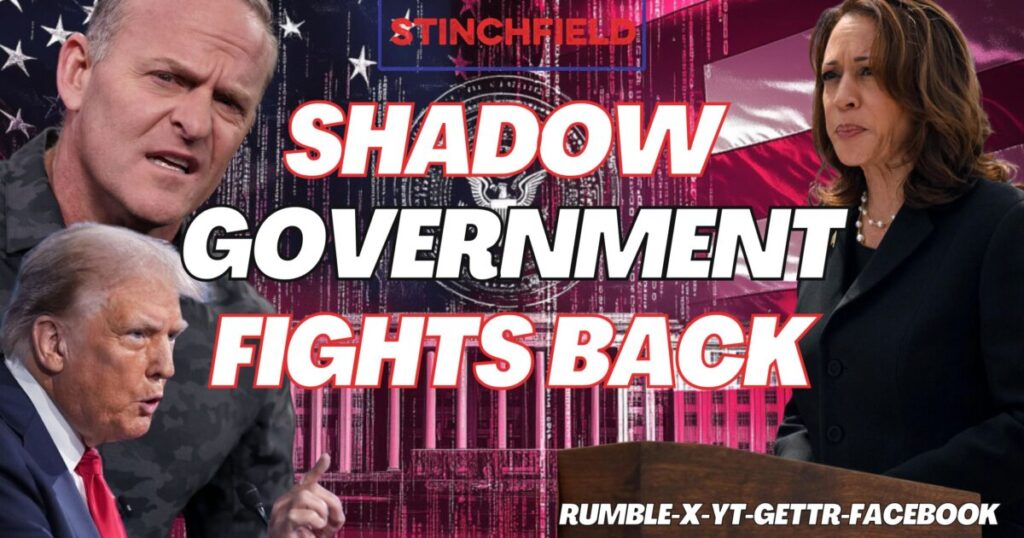In the wake of President Trump’s election, there is an urgent call for him to take decisive action against what is often referred to as the “Deep State” within governmental agencies, particularly the Pentagon. Reports from CNN suggest that clandestine meetings are occurring in preparation for the incoming Trump administration, raising concerns about the existence of a shadow government composed of entrenched bureaucrats. These officials are seen as operating independently of electoral processes, which undermines accountability within the government. Trump’s arrival in Washington, D.C., is viewed as a critical moment to restore transparency and ensure that public servants are held accountable for their actions and decisions.
The notion of a “Deep State” has been a focal point for many of Trump’s supporters, who argue that career bureaucrats resist changes brought by political newcomers. This perspective suggests that certain factions within the government may prioritize their own interests over the will of the electorate. As Trump prepares to assume office, it is essential for his administration to identify and address these entrenched interests to foster a government that serves the public effectively. Restoring accountability could involve measures such as increased oversight and a reevaluation of personnel in key positions to ensure alignment with his administration’s policies.
Amidst this backdrop, there is also speculation regarding the future leadership of the Democratic Party. Reports indicate a possibility where Democrats might push for Vice President Kamala Harris to take over as President by persuading Joe Biden to resign. Such a scenario represents a significant power shift that could alter the Democratic agenda moving forward. However, some analysts believe that this transition is unlikely, suggesting that Biden will retain his position and continue to serve his full term. This situation underscores the political tensions and rivalries that characterize the current landscape.
The discussion surrounding these issues points to a broader context of political discontent and the diminishing trust in governmental institutions among segments of the population. Many Americans have voiced concerns that career bureaucrats and established politicians have lost touch with the needs and desires of ordinary citizens. This disconnect has fueled a desire for radical change in Washington, as evidenced by Trump’s election, which was widely perceived as a rejection of the political establishment.
Furthermore, as the Trump administration takes shape, the approach toward navigating personnel changes and the overall strategy for governing becomes pivotal. Establishing a government that prioritizes accountability could involve implementing measures that restore public faith in the administration and its objectives. Trump’s administration will need to balance the influences of both loyalists and experienced bureaucrats to navigate complex policy issues effectively while ensuring that the administration’s values are upheld.
In conclusion, President Trump’s inauguration presents a critical opportunity to reshape the dynamics within federal agencies and challenge the status quo represented by the Deep State. Equally significant are the ongoing discussions among Democrats about potential shifts in leadership that could reshape the party’s future. The ability to navigate these challenges while promoting transparency, accountability, and responsiveness will be essential for fostering trust in government and delivering on the promises of the Trump administration to the American people.

